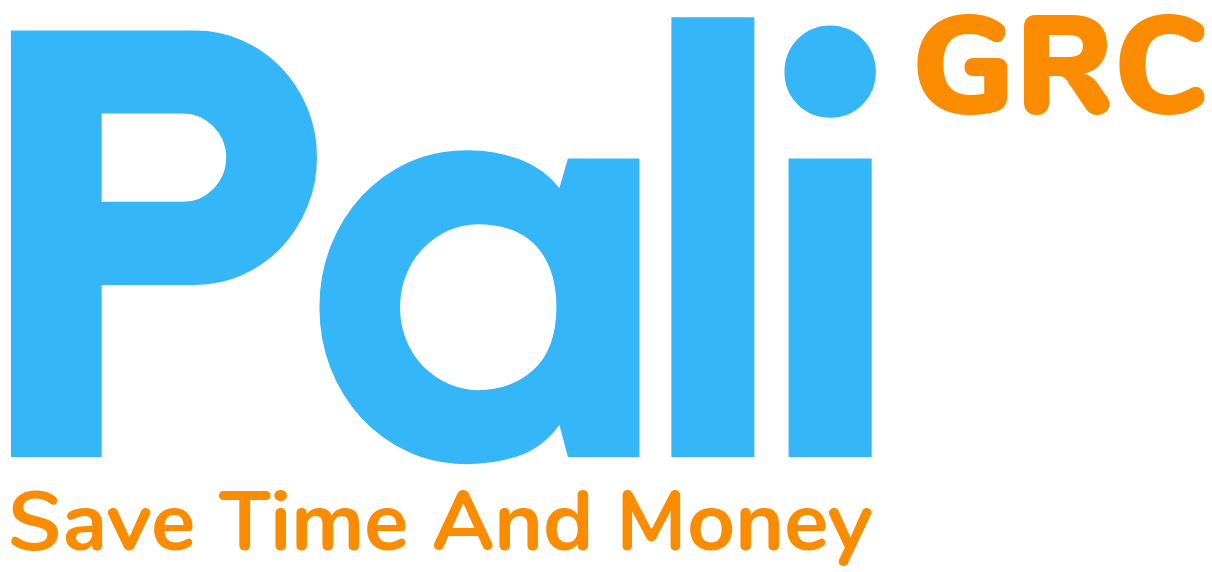Managing the Information Onslaught
Avoiding overload in an information-rich environment
Timely and relevant information has never been more readily available. Whether through emails, feeds, subscriptions, mailing lists, websites, or social media - it’s easy to access, always there, and virtually never ending.

What is the problem?
Research shows that not having enough time to properly process and manage incoming information causes anxiety and feelings of being overwhelmed. It can affect not only personal well-being but also decision making, innovation, and productivity.
To a certain extent, this issue has been around since the invention of the printing press, when more information was suddenly available than anyone could ever hope to absorb. And it has steadily increased ever since. To further exacerbate the issue, in the digital age it is very hard to ignore the wealth of resources that were previously difficult to access or, in some cases, simply did not exist in even the recent past.
It's worse for organisations
The price for organisations can be high as staff struggle to stay ahead of the rising tide, with declining productivity and rising tension. A study commissioned by Hewlett-Packard showed that "the IQ scores of knowledge workers distracted by e-mail and phone calls fell from their normal level by an average of 10 points". The same study claimed that "a typical knowledge worker turns to email 50 to 100 times a day", "average 20 hours a week managing e-mail", and "consider 1 in 3 emails unnecessary".
Some specific issues include:
- The ongoing creation of huge volumes of new information.
- A massive increase in available channels.
- A tendency towards quantity over quality of information in many industries.
- Ease of creating, duplicating and sharing of information online.
- Conflicting and contradictory information.
- The weight of historical data now available.
So what can be done?
Understanding that unorganised and unstructured information presents a key part of the problem is the first step. The second is to find and implement a system that will manage and maintain the information, plus faciliate an easy and effective way to consume it without being overwhelmed.
Many organisations subscribe to information libraries which aid in ensuring the timeliness and integrity of input. What then remains is finding a good software product to present this information in a meaningful manner.
Pali GRC integrates with the LexisNexis compliance library, a powerful and comprehensive source of industry-related information that is curated, categorised and regularly updated (other services can be incorporated upon requirement). Subscribers to the service receive updates and alerts, which are presented within the same infrastructure that manages their day-to-day governance, risk, and compliance.
Library entries can be checked off as read, marked for attention by others, actioned and readily linked to compliance duties or risks. Pali helps to cut through the clutter and give your organisation back the breathing room it needs to cope with the information onslaught and make better decisions, every day.
Information overload occurs when the amount of input to a system exceeds its processing capacity. Decision makers have fairly limited cognitive processing capacity. Consequently, when information overload occurs, it is likely that a reduction in decision quality will occur.

